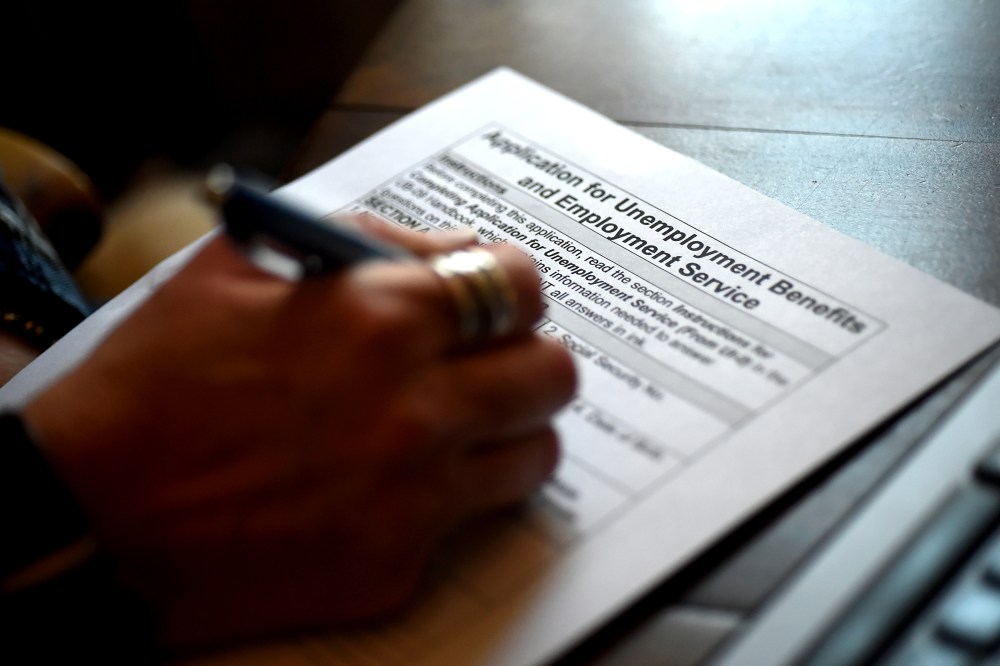When it comes to weekly unemployment filings, our whole understanding of “normal” flew out the window six months ago. For example, as regular readers know, it was considered a catastrophe during the Great Recession when jobless claims topped 600,000.
But in 2020, as the coronavirus pandemic started taking a brutal toll on the U.S. economy, Americans confronted an entirely new set of standards — to the point that it seemed like relatively good news in September when initial jobless claims fell below 1 million for the first time since March.
Progress has nevertheless been hit or miss, and the new report from the Labor Department this morning pointed in a decidedly discouraging direction.
In the week ending November 14, the advance figure for seasonally adjusted initial claims was 742,000, an increase of 31,000 from the previous week’s revised level. The previous week’s level was revised up by 2,000 from 709,000 to 711,000. The 4-week moving average was 742,000, a decrease of 13,750 from the previous week’s revised average.
This increase of 31,000 is worst week-to-week increase since the summer. We’ve also now had 35 consecutive weeks in which the number of Americans filing for unemployment benefits was worse than at any time during the Great Recession.
All of which leads us back to the point we discuss ever week around this time: the country still needs economic relief as the coronavirus pandemic continues to take a brutal toll.
We are, however, unlikely to see one. On Tuesday, Democratic congressional leaders sent a formal request to Senate Majority Leader Mitch McConnell (R-Ky.), practically begging him to return to the negotiating table to work on an agreement on an economic aid package. A day later, McConnell announced that the Senate was wrapping up its work until after Thanksgiving.
The Republicans’ Senate leader worked on confirming unqualified nominees to the Federal Reserve and the federal judiciary, but McConnell made no comparable efforts to assist a struggling economy.














